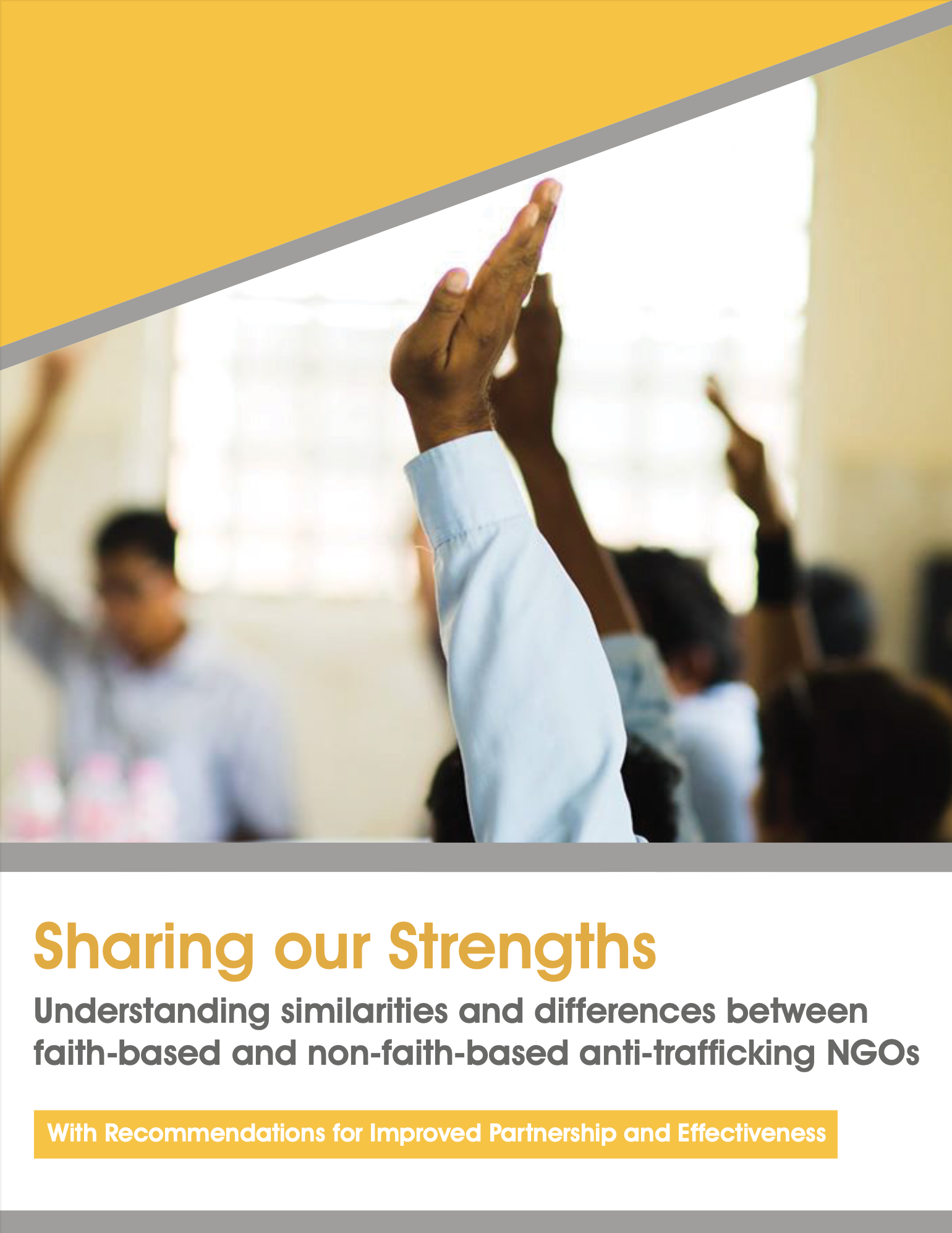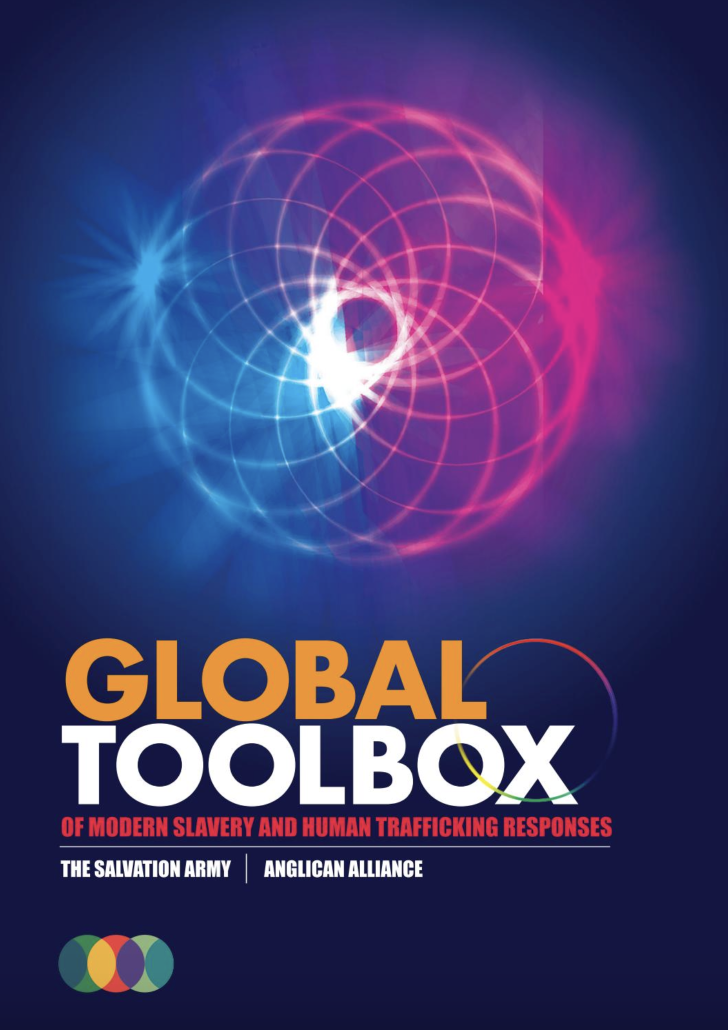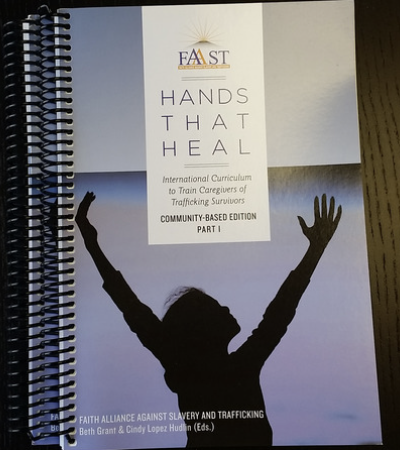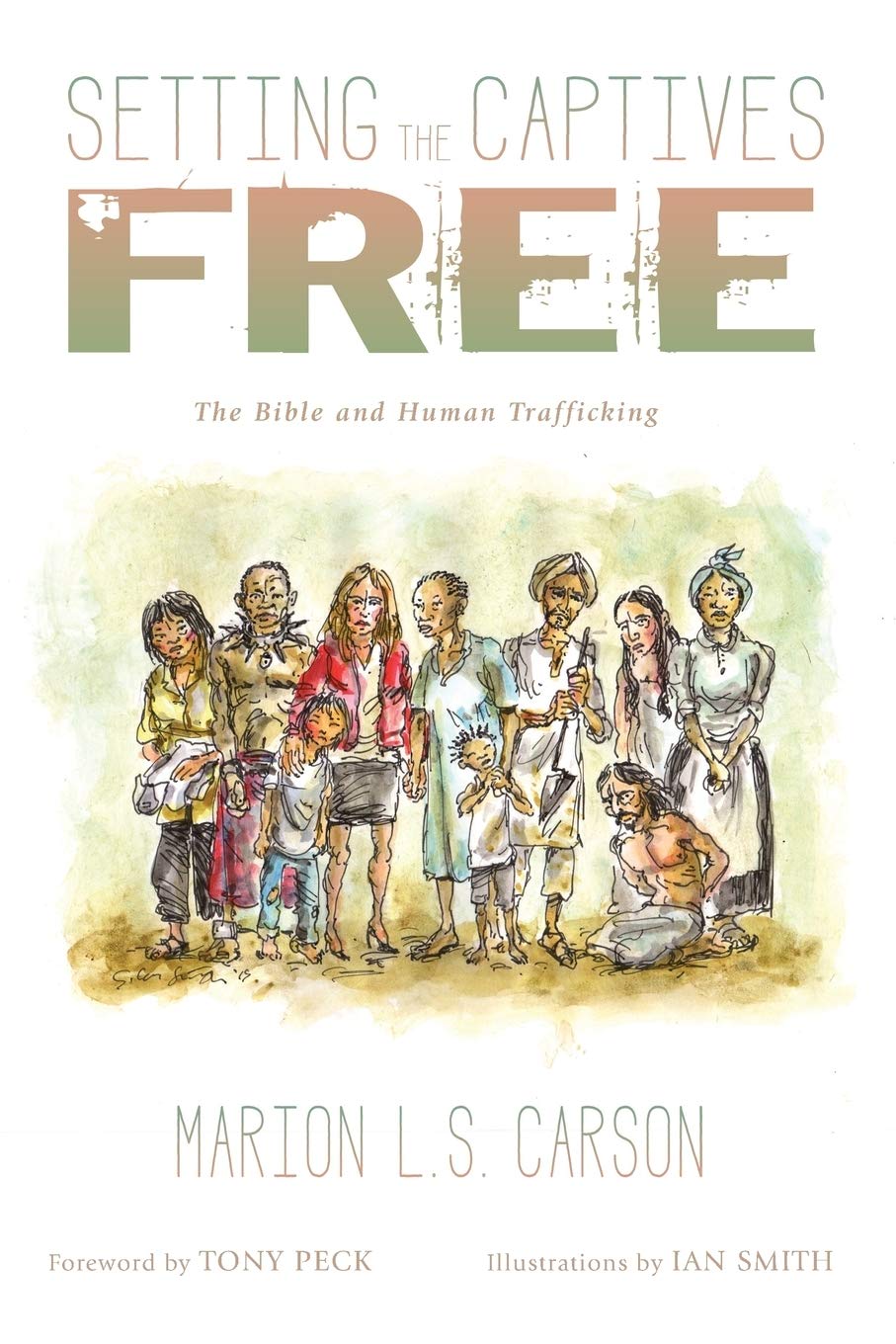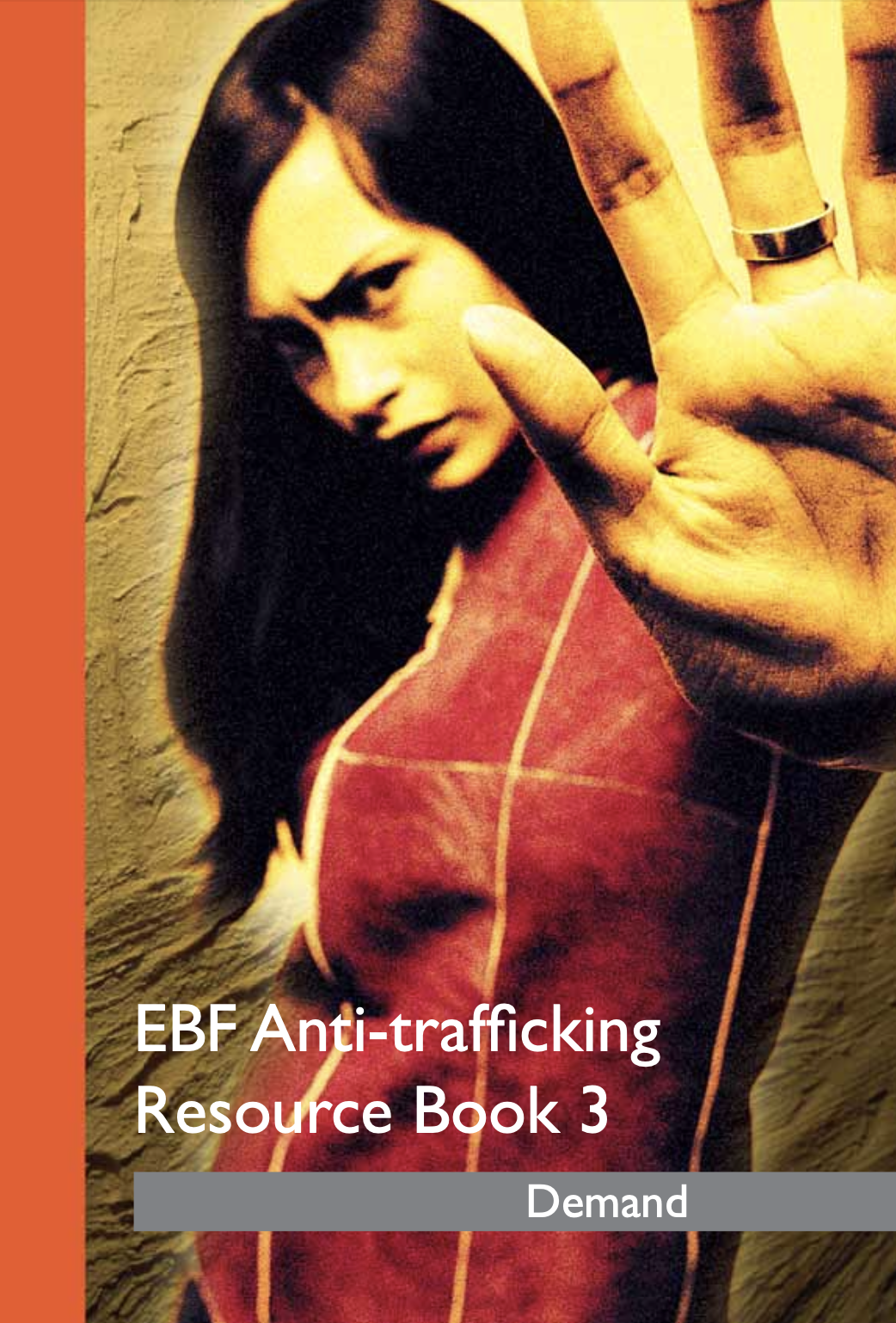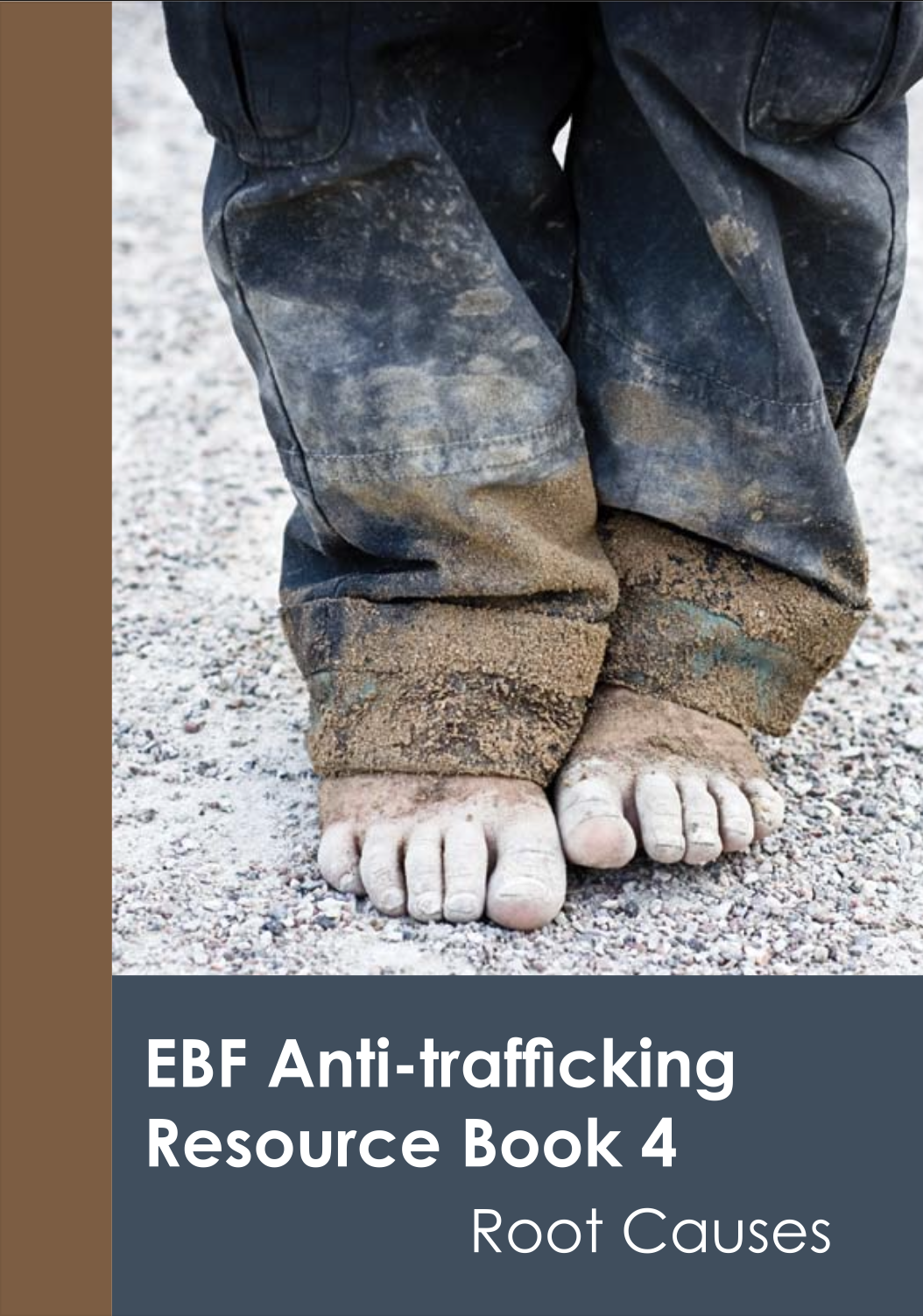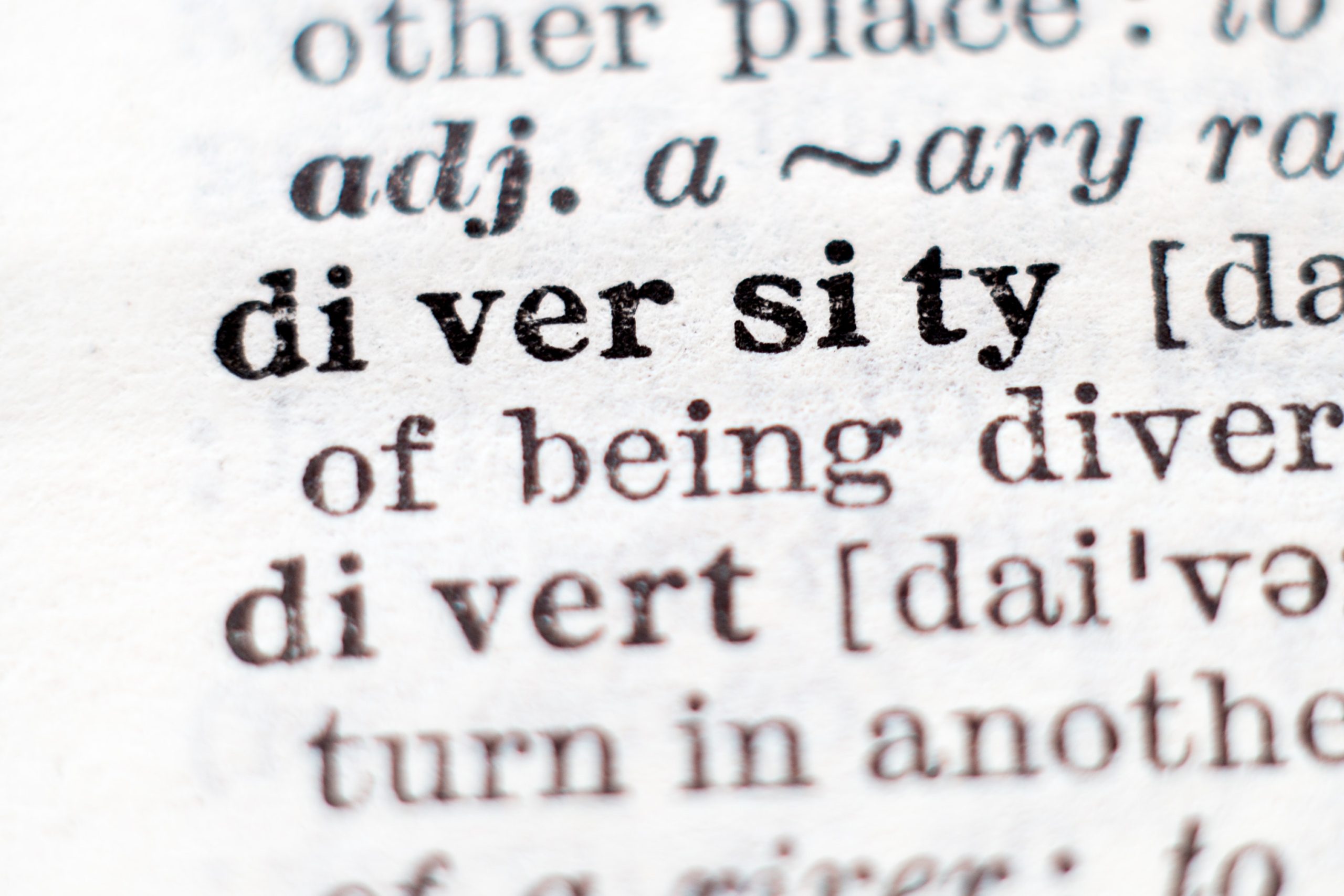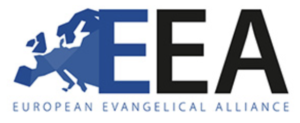Sharing Our Strengths | John Frame
Understanding similarities and differences between faith-based and non-faith-based anti-trafficking NGOs with Recommendations for Improved Partnership and Effectiveness. This study contributes knowledge about anti-trafficking faith-based and non-faith-based NGOs—how they compare in their goals and mission, why they do what they do, the care philosophies and services that they have, and how they can work together. This report is based on research conducted in Cambodia on anti-trafficking Christian faith-based organisations (FBOs) and non-faith-based NGOs, as well as collaboration after the study to present the findings (with recommendations) in an accessible and helpful way to a global audience of anti-trafficking professionals.

